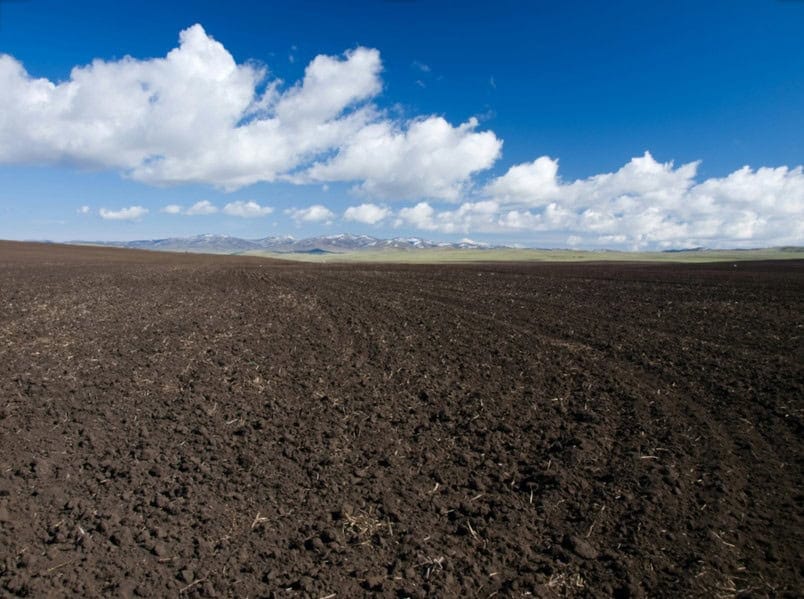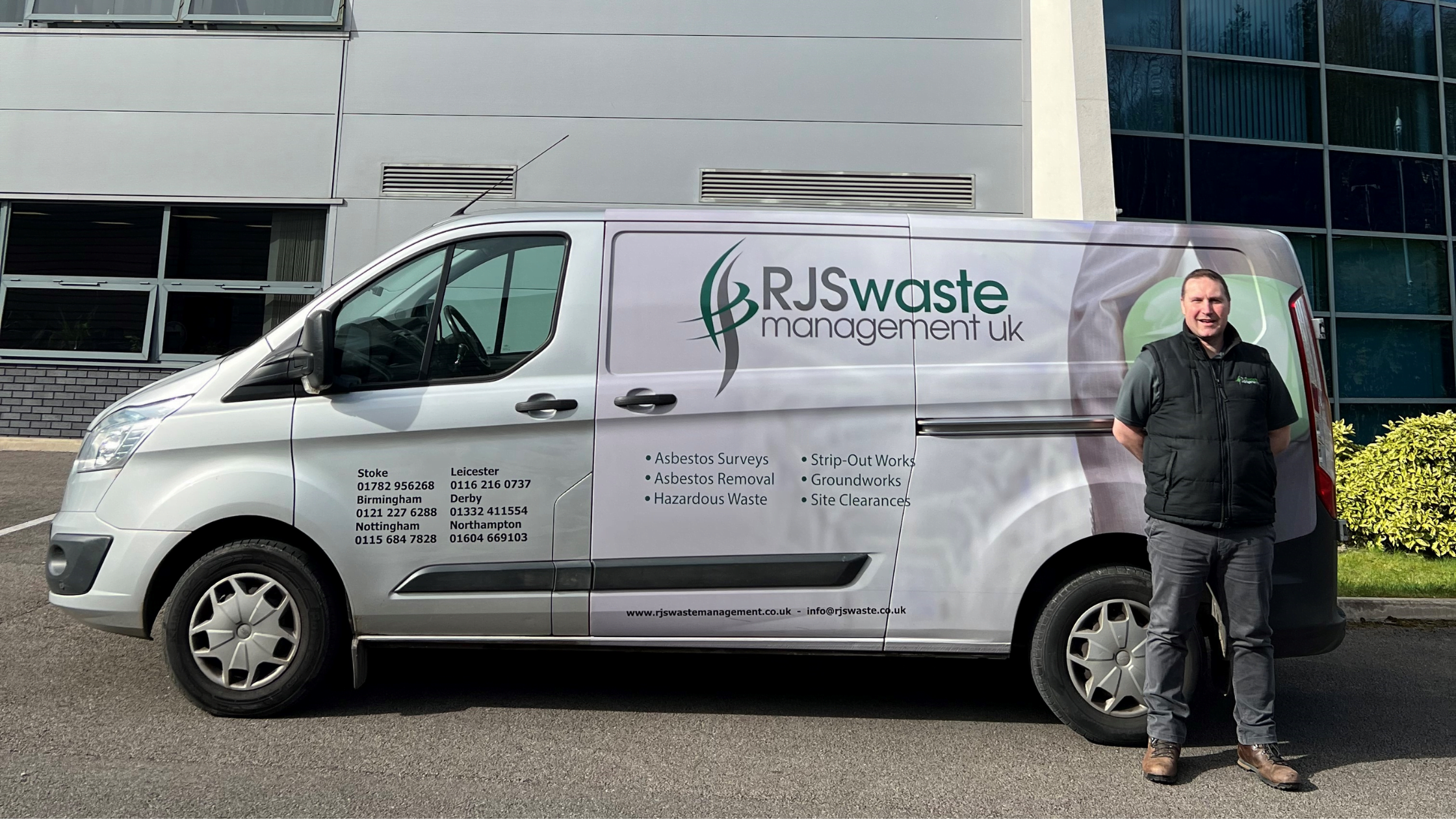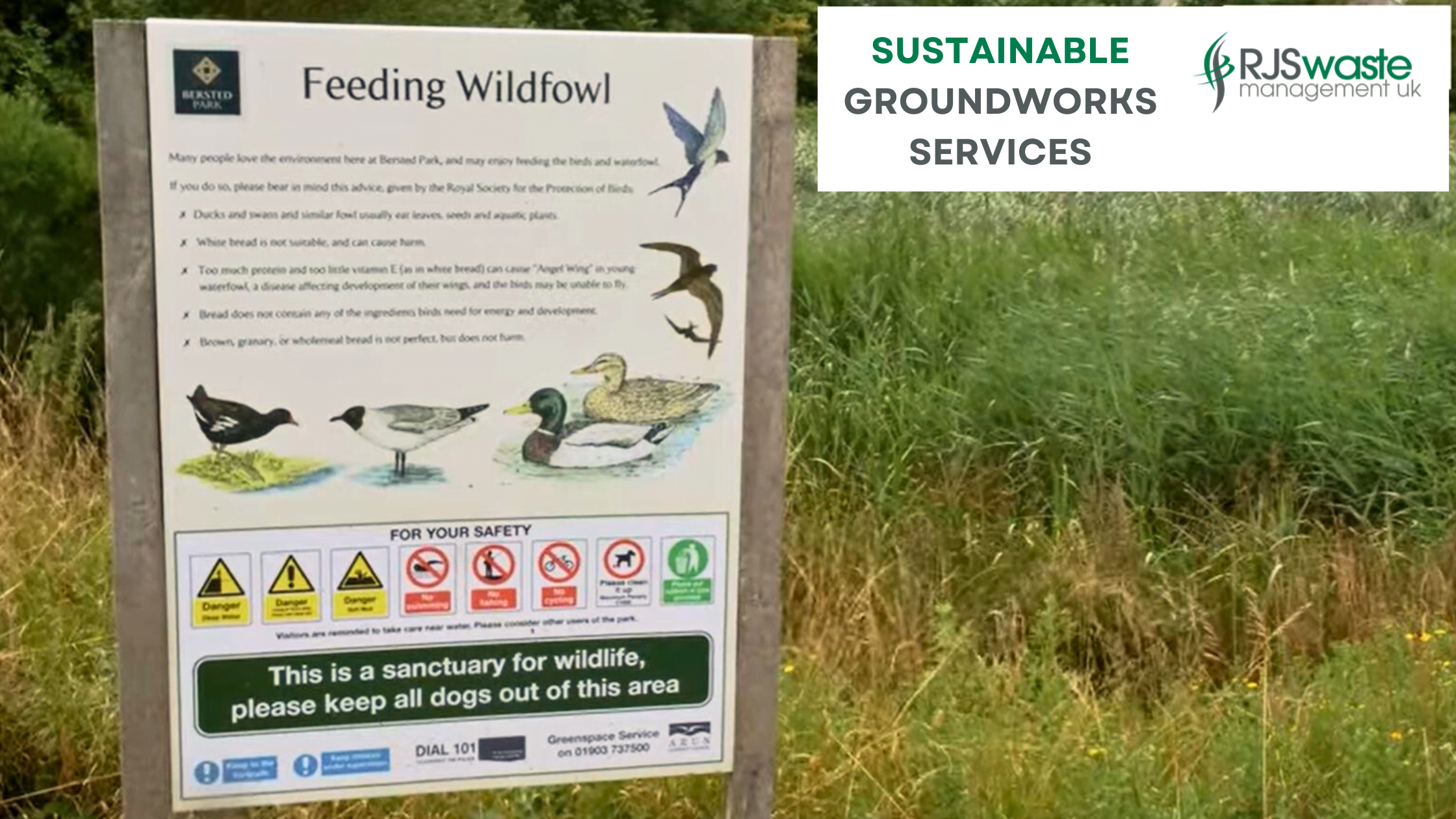
WAC testing is just one of the waste soil classification services we offer at RJS Waste Management. Here we explain what it is and why it’s important before your next sustainable groundworks project.
What are the Waste Acceptance Criteria?
The Waste Acceptance Criteria (WAC) will be used to establish what type of landfill site your waste can be disposed at.
Once your soil from a potentially contaminated site has been classified as hazardous or non-hazardous waste using a laboratory analysis, WAC testing lets you know where to send your soil waste.
As stated by The Environment Agency, the three classes of landfill are for:
- Inert waste
- Non-hazardous waste
- Hazardous waste
If your non-hazardous soil passes inert WAC testing it can be disposed of at an inert landfill site. Should your soil fail or not get tested, it must be disposed of at a non-hazardous site, which is more expensive than the inert option.
On the other hand, hazardous waste needs hazardous WAC testing. If your soil waste exceeds the hazardous WAC criteria it will need to be treated before getting a pass for disposal.
A full WAC test at our specialist analytical laboratories in West Sussex covers all classes and possibilities.
What’s involved in WAC testing?
WAC testing through laboratory analysis helps establish how your soil will behave once buried in landfill.
It consists of two parts – solid analysis and leachate analysis. Solid analysis tests for organics and key contaminants. While leachate analysis determines the level of contamination that could leach out and impact surrounding water.
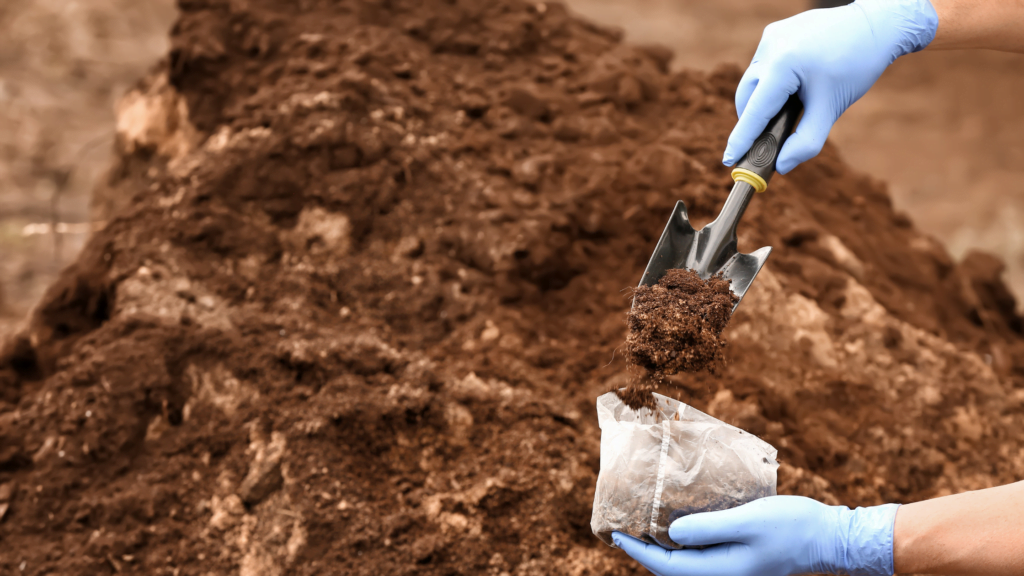
When is WAC testing needed?
Whether you’re a landowner, developer or contractor, waste classification helps you know how to responsibly and appropriately store, treat or dispose of your soil.
Correctly identifying contaminated soil will control the risk of cross-contamination. Determining the type of soil waste can also reduce the amount of waste disposed in hazardous landfill sites and waste disposal costs.
The Environment Agency recommends testing your soil when you reasonably expect contaminants to be present. For example, after flooding or a known chemical leak.
Arun District Council suspected hazardous waste might have been illegally dumped in a waterway on one of their housing estates last year. They called on RJS Waste Management to perform WAC testing, site clearance and excavation.
We found elevated levels of metal in the samples, pointing towards oil or fuel as the likely cause. So, we made the area safe for people and wildlife.
When planning for groundworks, it’s worth testing for soil contaminants most often encountered at brownfield sites – asbestos, metals and hydrocarbons.
But, as stated above, a full suite of WAC tests will cover an array of tests for the following and more:
- Acid neutralising capacity (pH 7)
- Antimony
- Arsenic
- Barium
- BTEX (sum)
- Cadmium
- Chloride
- Chromium
- Copper
- Coronene
- Dissolved organic carbon
- Fluoride
- Lead
- Loss on ignition
- Mercury
- Molybdenum
- Nickel
- PAH (sum) PCB EC7 (sum)
- Phenols(mono)
- Selenium
- SO4
- TPH (C10-C40)
- Total dissolved solids
- Total organic carbon
- Zinc
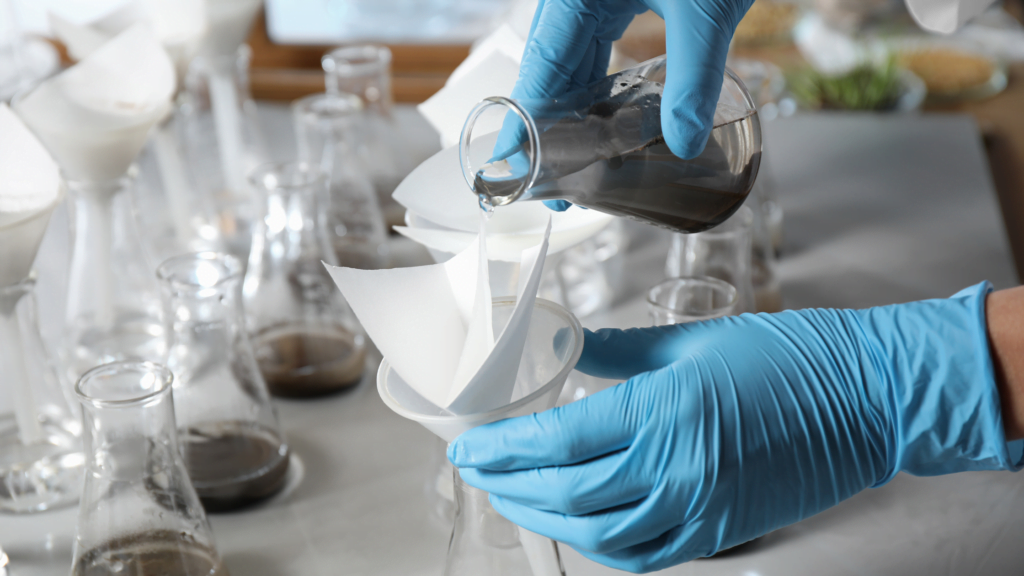
Book contaminated soil and groundworks services
As well as a full suite of WAC testing via our trusted specialist analytical laboratories, RJS Waste Management provides groundworks and site excavations for land and waterways.
We offer nationwide contaminated soil and groundworks services with offices in Chichester, Oxford, the Midlands and London. Wherever you’re based, get in touch for a free, no-obligation quote.

